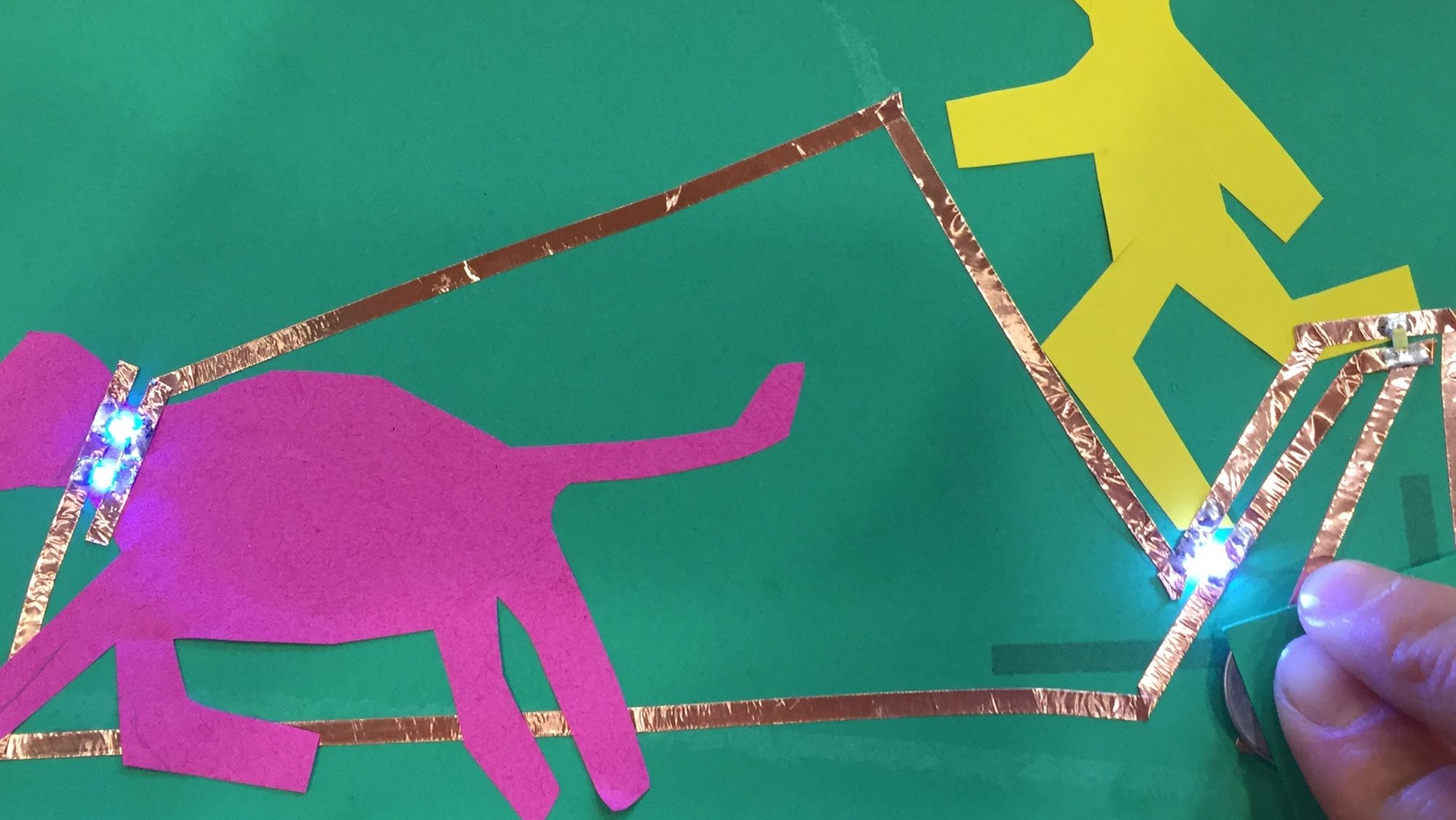In I-Engineering, we have worked collaboratively with teachers and students using participatory design research methods to co-develop and implement energy engineering for sustainable community tools and materials in their classrooms. In this video, we discuss how teachers and students implemented one of our units (“How can I make my classroom more sustainable?”). In the unit, they integrated community ethnography into the engineering design process as a way to engage with community perspectives. Using what they learned about engineering practices and the DCIs of energy transformations, sources and systems, students were supported by teachers in identifying problems meaningful to the classroom and local community, and applying their STEM knowledge to iteratively prototype working solutions. As the teacher of the Occupied group said, “this is one project that will really promote classroom sustainability.” As a student in the Occupied group said, “This was the first time I felt like I could be an engineer.” Our goal is to support teachers and students in developing their agency and identities in engineering while gaining deeper knowledge and practices in science and engineering.
Use this link: http://videohall.com/p/864 or click picture above to watch video


